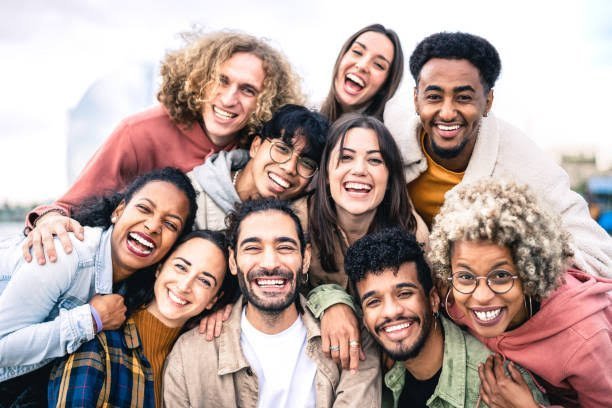The importance of cultural sensitivity lies in the ability to understand, respect, and appreciate the beliefs, customs, and values of people from different cultural backgrounds. In a world that is becoming increasingly diverse, cultural sensitivity is becoming more critical than ever before. This post will delve into the significance of cultural sensitivity, its benefits, and effective strategies for improving one’s cultural sensitivity skills.
In today’s multi-generational and multicultural work environment, being able to effectively engage with people of different backgrounds, experiences, and perspectives is essential. Businesses, regardless of their size or industry, can benefit greatly from attracting and retaining a culturally sensitive and diverse workforce. It can enhance creativity, employee engagement, productivity, collaboration, client satisfaction, as well as the overall reputation of the business and brand.
People Also Read: How to Embrace Cultural Diversity in Your Lifestyle
The Importance of Cultural Sensitivity
Cultural sensitivity is essential for creating a harmonious and inclusive society. It helps to reduce cultural clashes and misunderstandings, and promotes respect and acceptance for different cultures. Cultural sensitivity is particularly important in today’s globalized world, where people from different cultural backgrounds interact and work together on a daily basis.
Cultural sensitivity is also important for building strong relationships and connections with people from different cultures. When we understand and respect other cultures, we are more likely to build trust and rapport with people from those cultures. This is particularly important in business, where building strong relationships with clients and partners from different cultures is essential for success.
People Also Read: Best Ways To Build Good Company Culture Traits
Benefits of Cultural Sensitivity
There are many benefits to being culturally sensitive. Here are just a few:
Improved Communication: Cultural sensitivity helps to improve communication between people from different cultures. When we understand the cultural nuances of our communication partners, we can avoid misunderstandings and communicate more effectively.
Increased Tolerance: Cultural sensitivity promotes tolerance and acceptance of other cultures. It helps us to appreciate and value the differences between cultures, rather than judging them.
Enhanced Creativity: When we are exposed to different cultures, we are more likely to be creative and innovative. Exposure to different perspectives and ideas can inspire us to think outside of our own cultural norms and come up with new and unique solutions.
Greater Self-Awareness: Cultural sensitivity helps us to become more aware of our own cultural biases and assumptions. By understanding and questioning our own cultural norms, we can become more empathetic and open-minded towards other cultures.
People Also Read: The Impact of Technology on Culture and Society
How to Become More Culturally Sensitive
Now that we understand the importance and benefits of cultural sensitivity, how can we become more culturally sensitive? Here are some tips:
Educate Yourself: Read books, watch documentaries, and learn about different cultures. Take courses or attend workshops on cultural sensitivity.
Listen: Listen to people from different cultures and try to understand their perspective. Avoid making assumptions or judgments.
Show Respect: Show respect for different cultures by using appropriate language and behavior. Avoid making jokes or comments that could be seen as offensive.
Be Open-Minded: Be open-minded and willing to learn from people from different cultures. Be willing to challenge your own assumptions and beliefs.
Travel: Traveling to different countries and experiencing different cultures first-hand can be a great way to become more culturally sensitive.
People Also Read: Cultural Diversity and Its Importance in Society
Conclusion
Cultural sensitivity is becoming increasingly important in today’s globalized world. It helps to build strong relationships, improve communication, and promote tolerance and acceptance of different cultures. By educating ourselves, listening to others, showing respect, being open-minded, and traveling, we can become more culturally sensitive and create a more harmonious and inclusive society.




